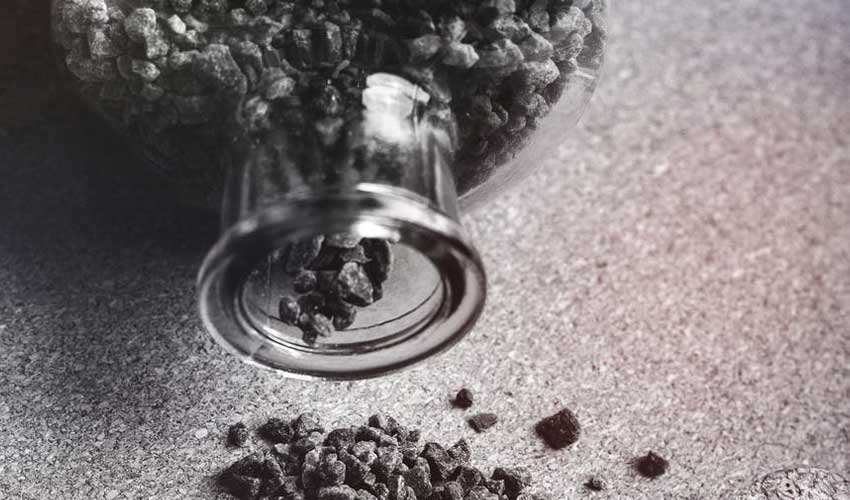
Hailed as a climate game-changer, the black carbon Biochar is a new trend in planting. Biochar does not refer to a single product. Instead, the name identifies an array of carbon soil additives made from biomass, increasing plant growth and reducing the need for fertilizer. Created by heating biomass in low-oxygen conditions, Biochar improves soil and helps efficiently retain nutrients, such as phosphorous, nitrogen, and calcium.
Background
With ancient origins, the additives are derived from waste products, such as manure, wood chips, and plant remains, converting from biomass into a more balanced form and creating an ideal environment for carbon sequestration. Biochar is a valuable additive in areas with depleted water supplies and infertile soil, and it is known for reducing carbon emission levels. Mixing Biochar with feed may even reduce the levels of methane and carbon dioxide cattle produce.
Beyond reducing carbon in the environment, Biochar creates renewable fuels. Anthropologists believe the Amazon’s indigenous population used Biochar thousands of years ago to supplement the region’s soil and improve crop yields. The soil in the region is called dark earth or ‘Terra Preta’ due to its color. Soil applications are the assumed use for developing Biochar, as its use results in exceptional soil fertility.
Terra Preta soils are in high demand due to extremely high fertility when compared to other soils in the area. It is not clear how black carbon contributes to fertility enhancement. Centuries ago, Amazon farmers grew corn and fruits by enriching the soil with compost and Biochar. Today, manufacturing firms are producing black carbon products to mimic the Terra Preta soil condition in soils, which require restoration to improve crop conditions and yields.

